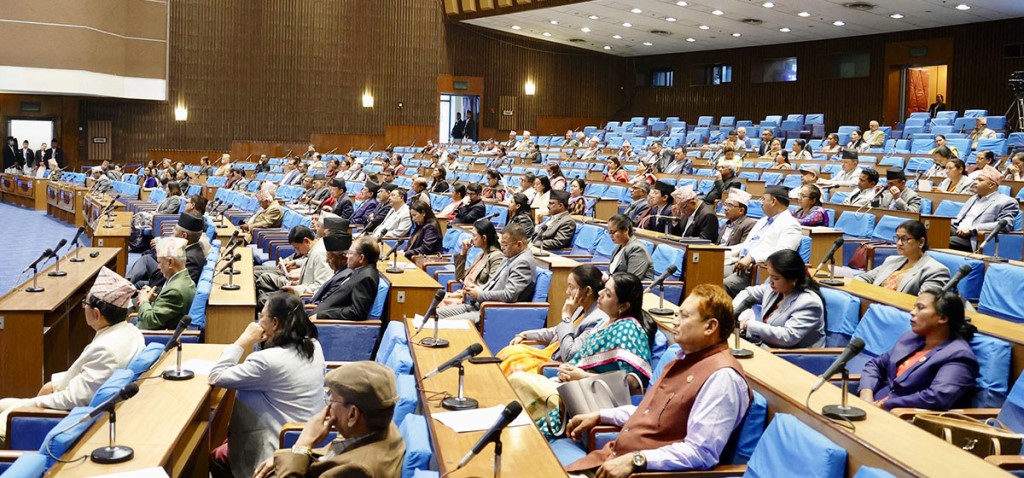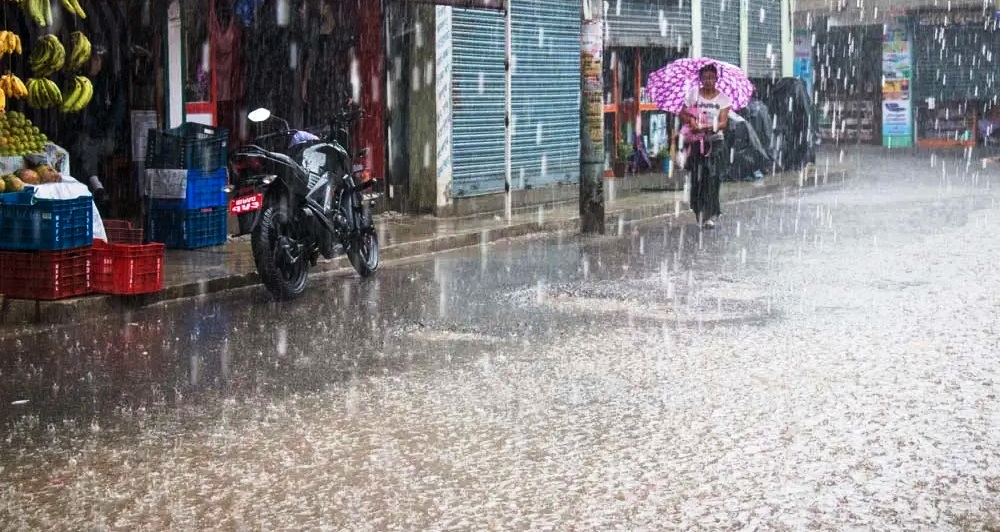In an effort to invent a comprehensive legal approach that guarantees sustainable peace, members of global society from civil society actors to the government representatives have concretized the sectoral action plans.
At the WARP Summit held annually in South Korea since 2014, politics, religion, education, civic groups, and media from all over the world have gathered to find root causes of armed conflict and war and to discuss the methods to realize peace through international law, religious harmony, and peace education.
At its 4th summit held last month from 17th to 19th of September, the national-level support for the DPCW for the legalization of peace was announced as followed the support and the agreement for the joint action from various fields was voiced up for the adoption of the document – the DPCW – as a UN resolution.
From ideal to the realization: Responding to the necessity for the fundamental solution
“Despite the existence of the UN charter, there is still more work to be done since conflict still plagues our global society,” said Vice Chair of International Law Association, Dr. Kamal Hossain, at HWPL’s Global Peace Leadership Conference at the UN Head Quarters in New York City back in 2015.
4 years ago, in September 2014, an international NGO affiliated with UN DPI and UN ECOSOC called HWPL organized a peace summit in attendance with about 2,000 social representatives from the globe to call for endorsement of the international peace law initiative to the heads of states.
Reaffirming the consideration and consent of the global community that international law is needed to fundamentally prevent war, 21 International Law Peace Committees were assigned at the 1st Commemoration of the WARP Summit in 2015. The HWPL International Law Peace Committee, composed of experts from international law, had begun full-fledged discussions on enacting the international law for peace that ultimately ceases all wars and war-like activities.
Based on their expertise and experience, the committee members had sought the principles of conflict resolution in relation to international relations, the basic human rights, the freedom of religions, etc. After the collaborative endeavor of HWPL and the HWPL International Law Peace Committee, on March 14th of 2016, the Declaration of Peace and Cessation of War (DPCW) was announced as a resolution for the peace settlement.
Mr. Narinder Singh, a member of the UN International Law Commission (ILC) who joined in drafting the declaration, spoke on the value of the DPCW in saying “The proclamation of the Declaration is like the reminder toward everyone around the world that international law is important that the peace settlement of disputes is to be promoted and that is how you can have a world which is free from war and armed conflicts.”
Since then, the role of various sectors had been discussed to develop the DPCW as a legally binding document at national and international levels. In particular, the 2017 WARP Summit with the theme of ‘Building Cooperative Governance for the Development and Implementation of the DPCW’ urged for the support of the DPCW, not only for political leaders but also for youth, women, religious leaders, educators, and the media.
In this regard to the cooperation of all sector of the global society, Dr. FathiKemicha, a former member of UN ILC and a member of the International Council for Commercial Arbitration (ICCA), said that people of the nation are forces for peace and prosperity in the face of conflict and suffering.
“The DPCW was born from the voices of women and youths who call for an end to conflicts which bring only destruction and no benefit to them. It reaffirms, strengthens, and elaborates the existing international provisions for renouncing war and other international armed conflicts. One does not need to look far to see the dire need for such a strong request.” he added.
Starting from the adoption of the DPCW as a resolution (AP/1279-278/2016) at Central American Parliament (PARLACEN), consisting of 6 countries; Guatemala, El Salvador, Honduras, Nicaragua, Dominican Republic, and Panama, a worldwide activity for urging the support for the adoption of the DPCW as a UN resolution has spread out.
As a result of the combined efforts – from citizens to the leaders of the society, 3 countries including eSwatini, Seychelles, and Comoros expressed their official support for the DPCW through presenting the National Solidarity Statement for the promotion of the DPCW at the WARP Summit of this year. Ahead of the 4th WARP Summit, Pan-African Parliament (PAP) also agreed to advocate the declaration, suggested by HWPL, in order to submit it to the UN.
In the 4th anniversary of the WAPR summit where introduced the cases of the national-level support for the DPCW, all global members pledged for further cooperation to realize peace through the establishment of the legal framework based on the DPCW shouting out “We are one”.
“For this declaration to leave its footprints on the sands of time, make a positive difference in the lives of ordinary people, take hope where there is despair, promote love where there is hate, it has to be owned and led by national and local actors in every country across the world. To ensure this, a set of people committed to global peace and security have to be mobilized to constructively engage member states in ensuring that this declaration is adopted by the United Nations,” stated H.E. Samuel Sam-Sumana, Former Vice President of the Republic of Sierra Leone.
The declaration born from the voices of the people
“Realizing world peace and cessation of war as a legacy for the future generation” is the motto of HWPL and its chairman, Mr. Man Hee Lee, to initiate the DPCW – Declaration of Peace and Cessation of War.
The DPCW with 10 articles and 38 clauses addresses principles of conflict resolution and international cooperation for peacebuilding including respect on international law, peaceful dispute settlement, and spreading a culture of peace. In order to advocate peace and conflict resolution, HWPL has engaged in peace education and peace campaign such as ‘Legislate Peace Campaign’ and ‘Peace Letter Project’ to raise awareness of peace to citizens worldwide.
According to the report of HWPL, about 750,000 world citizens signed the ‘Legislate Peace Campaign’ calling for developing the DPCW into a legally binding form, and the ‘Peace Letters’ have been delivered to the government officials in Malaysia, Nigeria, Sri Lanka, Indonesia, Myanmar, South Africa, East Timor, and Namibia.







